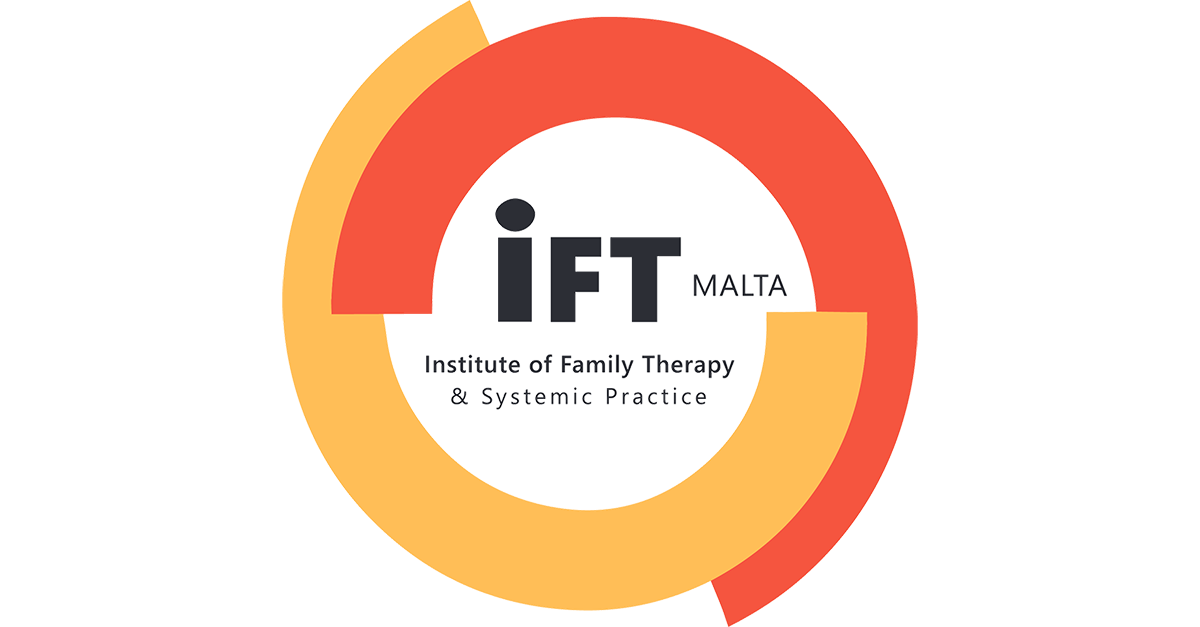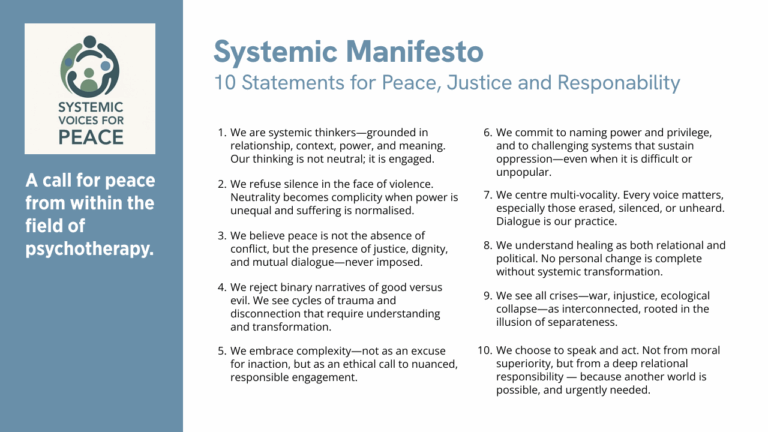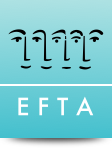There are a lot of reasons why gaining accreditation can be beneficial both for students and educational providers:
- it is a mark of quality that prospective students and employers understand and value;
- it entitles graduates for a Warrant issued by the Psychotherapy Profession Board.
- it keeps open the widest range of training, development and employment opportunities for graduates.
- it is a high-quality benchmarking process that is defined and delivered in partnership with psychotherapists.
- it is aimed at getting the best out of programmes, through promoting psychotherapy as a science, ensuring quality and providing solution-focused support;
- it provides a direct opportunity for education providers and students to influence the Society, and its policies for the future.
Our advice to students is always to choose MFHEA accredited courses to maximise your future options.
Taking an MFHEA accredited undergraduate course confers eligibility for future training across the European Union.
The vast majority of postgraduate programmes accredited by MFHEA or approved by Psychotherapy Profession Board for registration as a practitioner psychotherapist also require MQRIC approved degrees for entry.
Students from countries other that the European Union may require special study Visa. Please contact Identita Malta
Accreditation of Courses
Accreditation is a standard way of guaranteeing Quality Assurance and how we achieve standards that support students’ achievement of the learning outcomes of the selected courses, and are supported by an appropriate resource base. Quality Assurance is how the local accrediting body, MFHEA (Malta Further & Higher Education Authority) engages in dialogue with us at the Institute of Family Therapy Malta through detailed and meticulous external reviews and audits involving the running of the institute and of the courses we run. IFT-Malta prepares for this through its Quality Assurance Manual.







